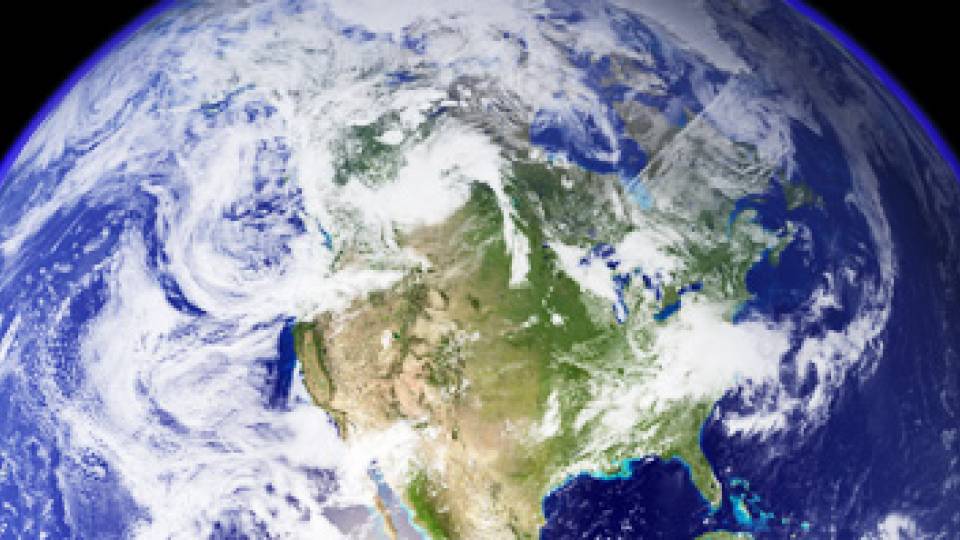The support for alternative energy production in President Bush's State of the Union Address Tuesday and House Speaker Pelosi's remarks Friday at the National Press Club has elicited a call to action from Princeton's scientific community, which has many experts dedicated to developing fusion power and a large number of other clean, renewable fuel sources.
"Princeton is committed to research that will provide our children and grandchildren with a cleaner, safer world whose environment is just as healthy as the one we grew up in," said A.J. Stewart Smith, Princeton's dean for research and the Class of 1909 Professor of Physics. "We are very pleased that this issue has come to the fore, and we look forward to participating in the national discussion of how to move forward on this important problem."
There are two major laboratories where Princeton scientists explore alternative energy and its implications for the future: the National Oceanic & Atmospheric Administration’s Geophysical Fluid Dynamics Laboratory (GFDL), which does numerical modeling of climate change, and Princeton's own Princeton Plasma Physics Laboratory (PPPL), which does experimental, computational and theoretical research on fusion energy. PPPL is funded by the U.S. Department of Energy.
Additionally, the Princeton Environmental Institute conducts research and policy investigations in energy and the environment, and the Woodrow Wilson School's Program in Science, Technology and Environmental Policy advances research in its own policy areas.
"Our conclusion is that the energy-environment problem requires both near-term and longer-term solutions," said Rob Goldston, director of PPPL and professor of astrophysical sciences at the University. "The Princeton Plasma Physics Laboratory is a leader in the development of fusion, a clean, safe and abundant new energy source."
Smith also mentioned the Princeton Environmental Institute and its leading research on methods for carbon sequestration, in which carbon dioxide produced by burning of fossil fuels is captured and stored away from the atmosphere .
Citing concerns over support for programs that could address the world's mounting energy needs and environmental issues, Smith said Princeton would welcome better opportunities to develop the technology necessary to build a cleaner world.
"The U.S. is in danger of losing its edge to other countries in areas of science and technology that could be decisive in the long term,” Smith said. “We are pleased with the bipartisan support for funding in areas such as fusion that are so necessary to keep the U.S. competitive on the world scene. Without such support, we could see a future in which we'll be buying alternative energy technologies, not selling them."
Smith is available for further comment at smithajs@princeton.edu or (609) 258-5590.

